-

-

-

-

-
 Why Choose Stem Cell Therapy Plus ?
Why Choose Stem Cell Therapy Plus ? -
 Diabetes
Diabetes -
 Parkinson's Disease
Parkinson's Disease -

-
 Rheumatoid Arthritis
Rheumatoid Arthritis -
 Multiple Sclerosis
Multiple Sclerosis -
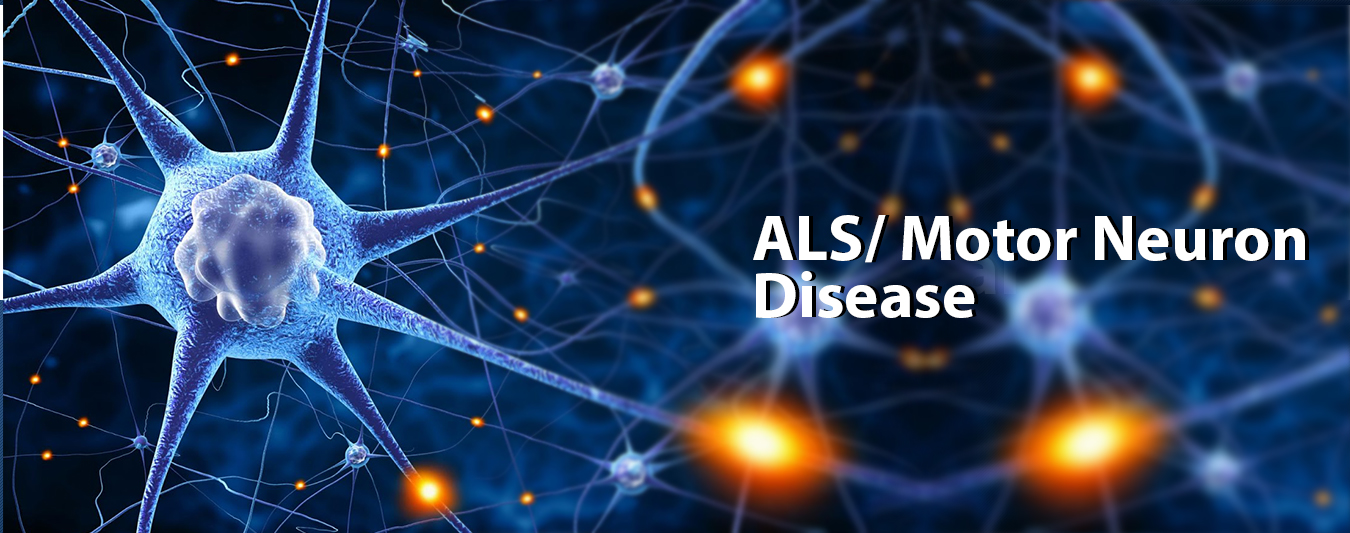
-

-

-

-
 Tinnitus/ Hearing Loss
Tinnitus/ Hearing Loss -

-
 Spinal Cord Injury
Spinal Cord Injury -
 Stroke
Stroke -
 Cerebral Palsy
Cerebral Palsy -
 COPD/ Lung Disease
COPD/ Lung Disease -
 Muscular Dystrophy
Muscular Dystrophy -

-
 Macular Degeneration
Macular Degeneration -

-
 Chronic Fatigue
Chronic Fatigue -

-

-

-

-

-

-

-

-

-

-

-
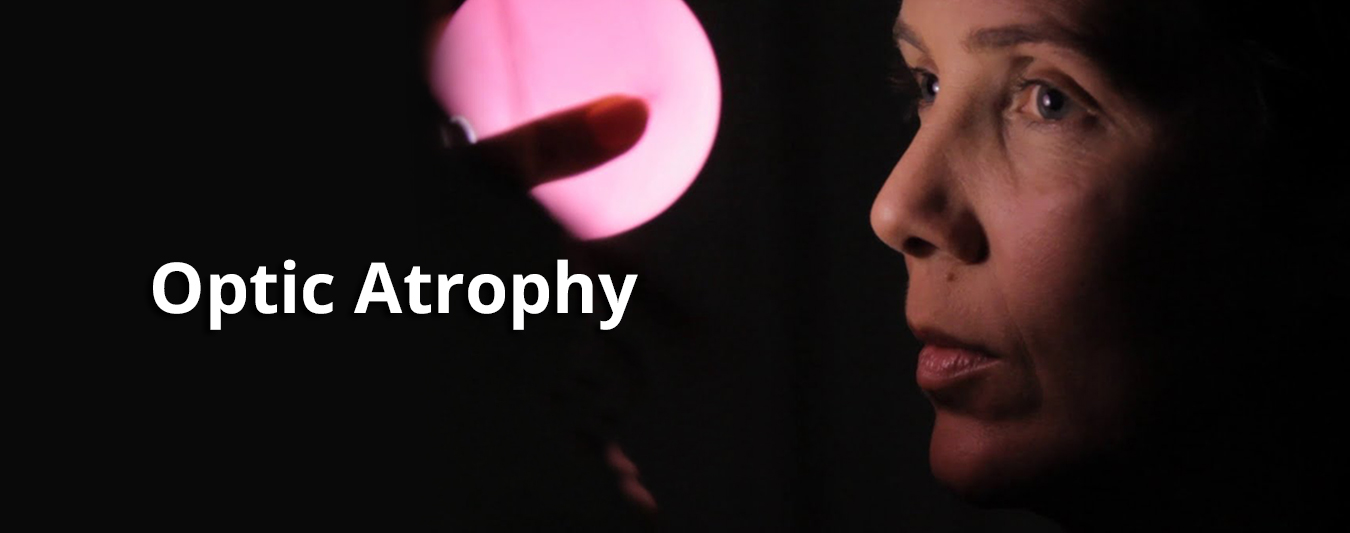
-
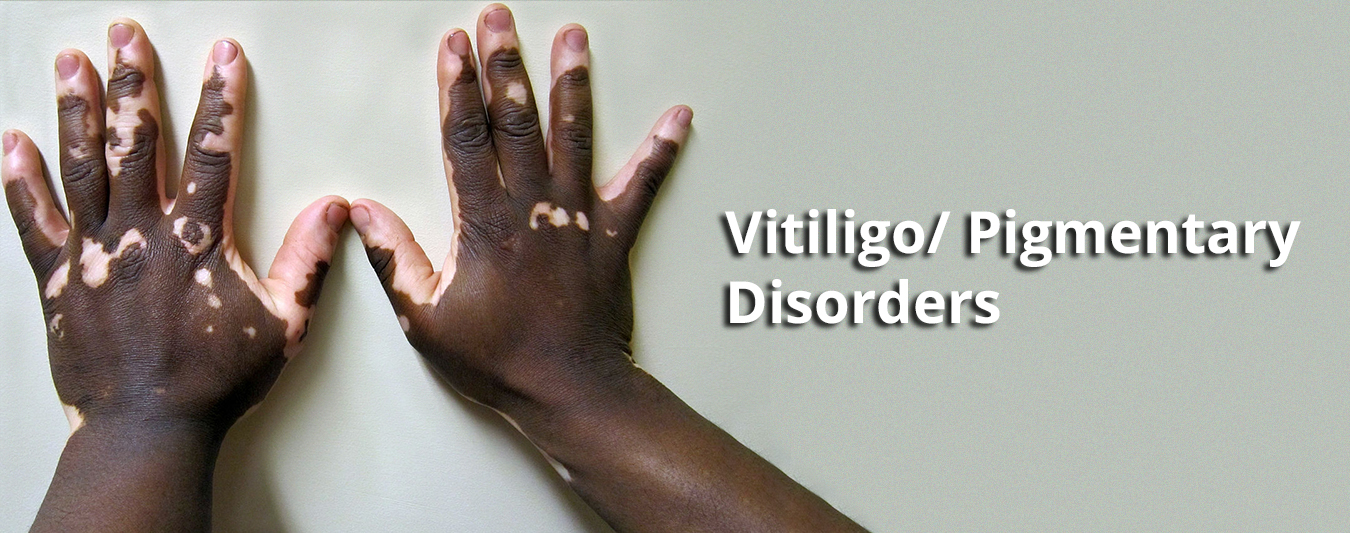
-
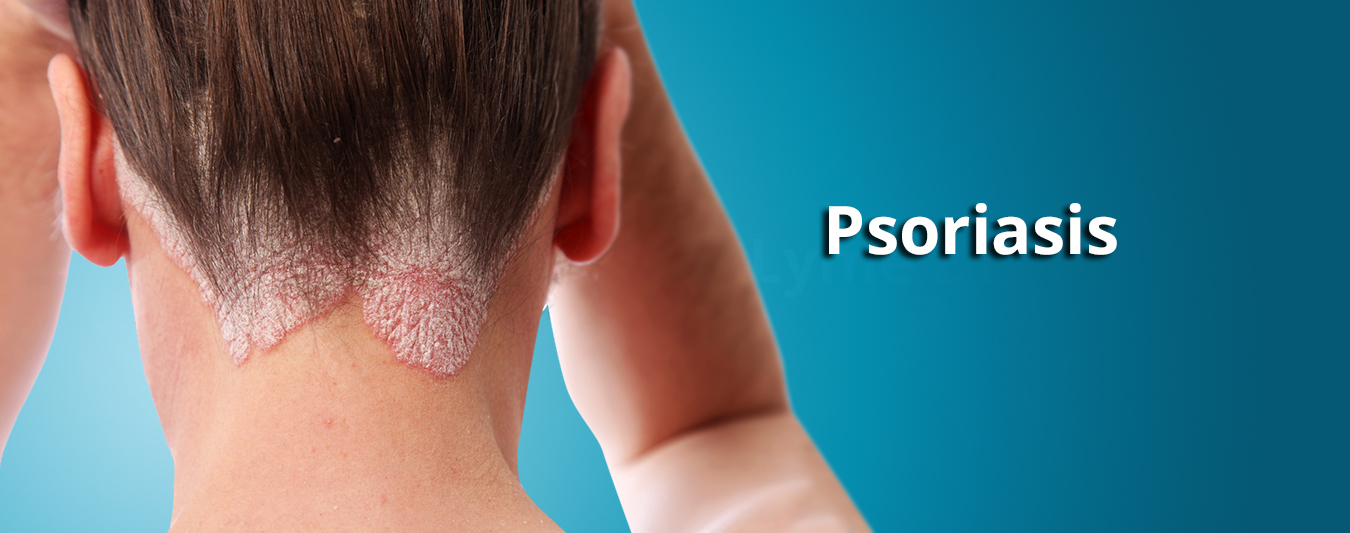
-

-

-

-

-

-

-

-

-

-

-

-

-
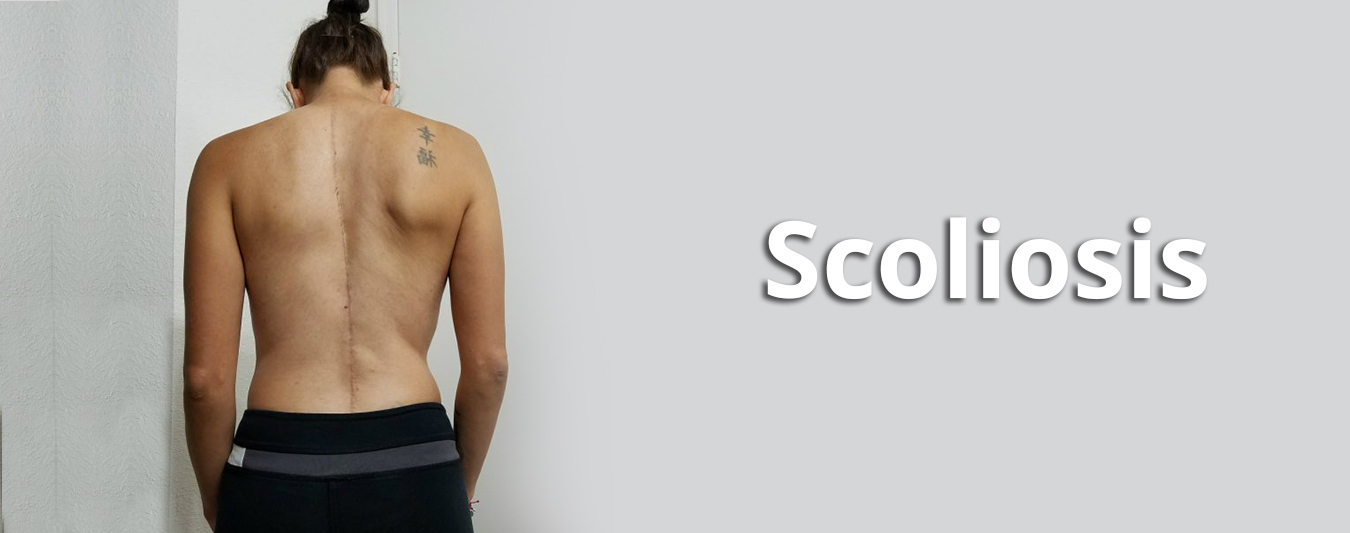
-

-

-

-

-

-

-

-

-

-

-

-

-
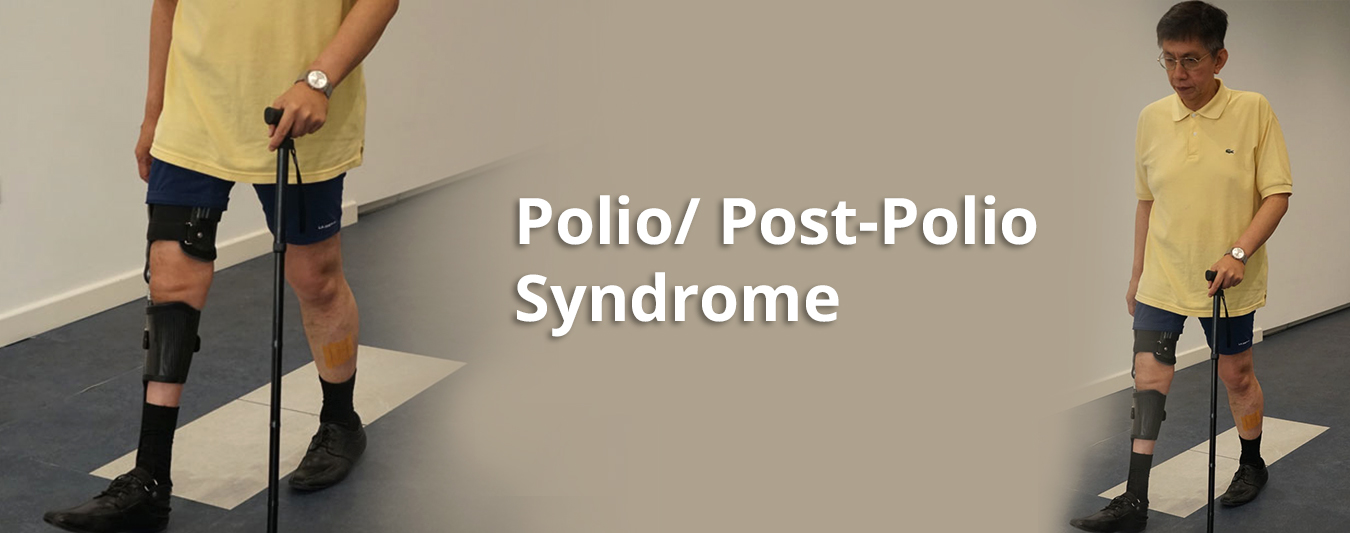
-

-

-

-

-

-

-

-

Retinitis Pigmentosa/ Vision Loss
- Diabetes
- Parkinsons Disease
- Osteoarthritis
- Rheumatoid Arthritis
- Multiple Sclerosis
- ALS/ Motor Neuron Disease
- Alzheimer’s Disease
- Autism
- Cardiovascular Disease/ Heart Failure
- Tinnitus/ Hearing Loss
- Retinitis Pigmentosa/ Vision Loss
- Spinal Cord Injury
- Stroke
- Cerebral Palsy
- COPD
- Muscular Dystrophy
- Macular Degeneration
- Baldness/ Hair Loss
- Chronic Fatigue
About Retinitis Pigmentosa/ Vision Loss
Retinitis Pigmentosa (RP) is a group of genetic disorders that affect the retina’s ability to respond to light. This inherited degenerative disease causes a slow loss of vision, beginning with decreased night vision and loss of peripheral (side) vision. If untreated, eventually blindness results.
The retina is the layer of light-sensing cells lining the back of your eye that converts light rays into nerve impulses. The impulses are sent through the optic nerve to your brain, where they are recognized as images. With RP, cells in the retina called rods and cones die. With most forms of RP, rods — which are mainly in the outer regions of the retina and are responsible for our peripheral and night vision – degenerate first. When the retina’s more centrally-located cones are affected, the result is loss of color perception and central (reading) vision.
Retinitis Pigmentosa causes slow loss of vision. Symptoms begin with decreased night vision and later progress to loss of peripheral (side) vision — creating a “tunnel vision” effect. Some people may also have difficulty identifying colors. The rate of vision change varies in different people depending on the genetic makeup of their disorder.
As night vision decreases, the ability to adjust to darkness becomes more difficult. You may stumble over objects in the dark, find driving at dusk and night difficult and see poorly in dimly lit rooms, such as a movie theater. While your vision during the day may be completely normal, your inability to see in dark conditions is considered “night blindness.”
In some cases, central vision may be affected first, making detail work difficult, such as reading or threading a needle. This may be referred to as macular dystrophy, because the central area of the retina, called the macula, is affected.
Until the most recent decades, Retinitis Pigmentosa can only be treated by medications and retinal implants. While these traditional treatments can help manage Retinitis Pigmentosa to some degree, they often bring unwanted side effects (in the case of medications) or high costs (in the case retinal implants).
Nowadays, new advanced stem cell treatment such as Stem Cell Therapy Plus is giving new hope to Retinitis Pigmentosa patients.
Stem cells are those cells that can easily become the cells of different organs where their need arises. This means that stem cells can evolve into cells of the retina, optic nerves and other organ & tissues and so to treat degenerative diseases such as Retinitis Pigmentosa. Stem Cell Therapy is at the heart of a new field of science and medicine called regenerative medicine.
Since stem cells have the unique ability to renew themselves and give birth to generations of cells with different degrees of differentiation, the use of stem cell therapy becomes very encouraging and promising for those who suffer with debilitating diseases. The stem cells can also replace damaged cells in different body parts without any risk of being rejected and without causing any side effects.
Anecdotal evidence shows the stem cells from Stem Cell Therapy Plus can help repair/ regenerate retina and optic nerves, thus recovering or improving eye sight.
Unlike traditional Stem Cell Therapy which can only be applied via injection in the selective hospitals/ clinics, Stem Cell Therapy Plus delivers stem cells through high-tech bio-active softgel capsules which can be shipped in secure packages and delivered right to your home address. The lyophilized (freeze-dried) method employed in softgel capsules produces stem cells which remain biologically active (a proven technique for gently conserving biological substances) without damaging the effectiveness of the valuable, big, bio-active matter. Being enteric coated, softgel capsules by-pass the stomach and dissolve in the small intestine whereby the stem cells and other active ingredients are fully absorbed by the body. Therefore, to receive the results and benefits of Stem Cell Therapy Plus, all you need to do is to take 1 – 3 softgel capsules a day at the comfort of your own home.
